|
AI fakery is quickly becoming one of the biggest problems confronting us online. Deceptive pictures, videos and audio are proliferating as a result of the rise and misuse of generative artificial intelligence tools.
With AI deepfakes cropping up almost every day, depicting everyone from Taylor Swift to Donald Trump, it's getting harder to tell what's real from what's not. Video and image generators like DALL-E, Midjourney and OpenAI’s Sora make it easy for people without any technical skills to create deepfakes -- just type a request and the system spits it out. These fake images might seem harmless. But they can be used to carry out scams and identity theft or propaganda and election manipulation. Here is how to avoid being duped by deepfakes: How to Spot Deepfake In the early days of deepfakes, the technology was far from perfect and often left telltale signs of manipulation. Fact-checkers have pointed out images with obvious errors, like hands with six fingers or eyeglasses that have differently shaped lenses. But as AI has improved, it has become a lot harder. Some widely shared advice -- such as looking for unnatural blinking patterns among people in deepfake videos -- no longer holds, said Henry Ajder, founder of consulting firm Latent Space Advisory and a leading expert in generative AI. Still, there are some things to look for, he said. A lot of AI deepfake photos, especially of people, have an electronic sheen to them, “an aesthetic sort of smoothing effect” that leaves skin “looking incredibly polished,” Ajder said. He warned, however, that creative prompting can sometimes eliminate this and many other signs of AI manipulation. Check the consistency of shadows and lighting. Often the subject is in clear focus and appears convincingly lifelike but elements in the backdrop might not be so realistic or polished. Look at the Faces Face-swapping is one of the most common deepfake methods. Experts advise looking closely at the edges of the face. Does the facial skin tone match the rest of the head or the body? Are the edges of the face sharp or blurry? If you suspect video of a person speaking has been doctored, look at their mouth. Do their lip movements match the audio perfectly? Ajder suggests looking at the teeth. Are they clear, or are they blurry and somehow not consistent with how they look in real life? Cybersecurity company Norton says algorithms might not be sophisticated enough yet to generate individual teeth, so a lack of outlines for individual teeth could be a clue. Think About the Bigger Picture Sometimes the context matters. Take a beat to consider whether what you're seeing is plausible. The Poynter journalism website advises that if you see a public figure doing something that seems “exaggerated, unrealistic or not in character,” it could be a deepfake. For example, would the pope really be wearing a luxury puffer jacket, as depicted by a notorious fake photo? If he did, wouldn't there be additional photos or videos published by legitimate sources? Using AI to Find the Fakes Another approach is to use AI to fight AI. Microsoft has developed an authenticator tool that can analyze photos or videos to give a confidence score on whether it's been manipulated. Chipmaker Intel's FakeCatcher uses algorithms to analyze an image's pixels to determine if it's real or fake. There are tools online that promise to sniff out fakes if you upload a file or paste a link to the suspicious material. But some, like Microsoft's authenticator, are only available to selected partners and not the public. That's because researchers don't want to tip off bad actors and give them a bigger edge in the deepfake arms race. Open access to detection tools could also give people the impression they are “godlike technologies that can outsource the critical thinking for us" when instead we need to be aware of their limitations, Ajder said. The Hurdles to Finding Fakes All this being said, artificial intelligence has been advancing with breakneck speed and AI models are being trained on internet data to produce increasingly higher-quality content with fewer flaws. That means there’s no guarantee this advice will still be valid even a year from now. Experts say it might even be dangerous to put the burden on ordinary people to become digital Sherlocks because it could give them a false sense of confidence as it becomes increasingly difficult, even for trained eyes, to spot deepfakes.
0 Comments
Cryptocurrencies facilitate illegal activities such as money laundering, according to JPMorgan CEO Jamie Dimon, who has insisted that digital assets should be banned.
Dimon once again attacked the top cryptocurrency this week, calling Bitcoin “worthless” and saying he still isn’t buying into the hype surrounding the crypto. “I've always said that Bitcoin doesn't have value,” the Wall Street heavyweight told Fox Business Network on Tuesday. “The actual use cases are sex trafficking, tax avoidance, money laundering, terrorism financing. It's not just people buying and selling Bitcoin,” he claimed. Dimon and several other industry chiefs, including Bank of America’s Brian Moynihan, have said the crypto market must follow the same anti-money-laundering rules as traditional financial institutions. A series of fake tweets from the US Securities and Exchange Commission’s X account this week about the much-awaited Bitcoin exchange-traded fund (ETF) approval decision sent the price of the crypto soaring above $47,000. It later fell as low as $45,400 after the tweets turned out to be fake. The crypto industry has suffered a slew of scandals recently, starting with the collapse of the FTX crypto exchange in November 2022. This placed the sector under intense scrutiny from US lawmakers and resulted in the conviction of former FTX CEO Sam Bankman-Fried. In November 2023, another major crypto exchange, Binance, was fined $4.3 billion for various violations, ranging from money laundering to bank fraud. Major sea ports around Australia have been shut down by operator DP World following what has been called a “cybersecurity incident.”
The container terminal operator made the decision late on Friday night, with access to ports heavily restricted on Saturday at Sydney, Melbourne, Brisbane, and Fremantle. “Our teams are working diligently to contain the situation and determine the impact on our systems and data,” DP World Australia said in a statement to the Australian Financial Review. “To safeguard our employees, customers and our networks, we have restricted landside access to our Australian port operations while we continue our investigation. “This is part of a comprehensive response which includes engaging with cybersecurity experts, actively investigating the incident and notifying the relevant authorities.” The hack follows another cybersecurity incident at Melbourne cryptocurrency exchange Coinspot on Thursday, in which more than $2m was taken from accounts. Another data breach in September caused the information of nearly 200,000 Pizza Hut customers to be leaked. Bookstore chain Dymocks also disclosed a data breach, in which customer data “may have been compromised,” also took place in September. DP World is a Dubai-based logistics company which operates cargo and port terminal services both in Australia and internationally. The Maritime Union of Australia (MUA) recently voted on industrial action, extending their 24-hour rolling strike notice until November 20. There’s no suggestion the cybersecurity incident and the union actions are linked. Israel has led a 10-country simulation of a major cyber attack on the global financial system in an attempt to increase cooperation that could help to minimise any potential damage to financial markets and banks. The simulated cyber attack evolved over 10 days, with sensitive data emerging on the dark web along with fake news reports that ultimately caused chaos in global markets and a run on banks.
Participants in the initiative, called “Collective Strength”, included treasury officials from Israel, the United States, the United Kingdom, United Arab Emirates, Austria, Switzerland, Germany, Italy, the Netherlands and Thailand, as well as representatives from the International Monetary Fund, World Bank and Bank of International Settlements. The simulation featured several types of attacks that impacted global foreign exchange and bond markets, liquidity, integrity of data and transactions between importers and exporters. "These events are creating havoc in the financial markets," said a narrator of a film shown to the participants as part of the simulation and seen by Reuters. Israeli government officials said that such threats are possible in the wake of the many high profile cyber attacks on large companies, and that the only way to contain any damage is through global cooperation since current cyber security is not always strong enough. The narrator of the film in the simulation said governments were under pressure to clarify the impact of the attack, which was paralysing the global financial system. “The banks are appealing for emergency liquidity assistance in a multitude of currencies to put a halt to the chaos as counterparties withdraw their funds and limit access to liquidity, leaving the banks in disarray and ruin,” the narrator said. The participants discussed multilateral policies to respond to the crisis, including a coordinated bank holiday, debt repayment grace periods, SWAP/REPO agreements and coordinated delinking from major currencies. "Attackers are 10 steps ahead of the defender," Micha Weis, financial cyber manager at Israel's Finance Ministry, told Reuters. Rahav Shalom-Revivo, head of Israel’s financial cyber engagements, said international collaboration between finance ministries and international organizations “is key for the resilience of the financial eco-system.” The simulation was originally scheduled to take place at the Dubai World Expo but it was moved to Jerusalem due to the Omicron variant of COVID-19, with officials participating over video conference. What are the risks with Bitcoin? Bitcoin is the first and most valuable cryptocurrency and it has seen massive growth in 2017. But many people are warning about the risks associated with Bitcoin. A number of high-profile investors regard Bitcoin as a ‘bubble’ or ‘mirage’, and expect the market to crash, like the dot-com bubble. Others highlight that cryptocurrencies like Bitcoin help to enable financial crime and funding of terrorism, due to the level of anonymity that digital currencies can provide to technologically adept criminals.
It seems like everybody is talking about cryptocurrencies at the moment. With apps like Coinbase making it possible to buy and trade cryptocurrencies at the tap of a button, thousands of people – from political idealists to economic opportunists – have been jumping on the crypto investment bandwagon. Cryptocurrencies are creeping into the mainstream, with even Goldman Sachs recently announcing their plans to start trading Bitcoin. 2017 saw the asset value of Bitcoin boom, amidst growing confidence in the first and most important cryptocurrency. Many cryptocurrency investors have seen the growth of Bitcoin as a win-win situation for all concerned. But are crypto-investors inadvertently paying into a system that is making the world less safe, and putting us all at risk? Since its early days, Bitcoin has had its share of ties with criminal activity. With the increased level of anonymity that it provided, Bitcoin was a popular currency on the darknet marketplace the ‘Silk Road’, where it was used chiefly to trade illegal drugs, as well as other contraband. As it crawls towards the mainstream, Bitcoin has certainly shaken off some these negative associations. But the fact remains that crypto transactions continue to afford criminals with a veil of anonymity, enabling them to evade justice – and enabling the financing of all manner of malicious activities. The problem is that, unlike conventional currencies, cryptocurrencies are decentralized, and therefore not subject to the same regulations, reviews, and monitoring as in financial institutions or banks. This means that potential criminal transactions that are processed in cryptocurrency bypass the regulatory controls that banks are legally required to perform. Jargon buster Bitcoin – a digital cryptocurrency and payment system. It is a decentralized digital currency, as it operates independently of a central bank. Cryptocurrency – a digital asset designed to function as a medium of exchange. Encryption techniques are used to regulate the generation of units of currency and verify the transfer of funds. Bitcoin is the first, and, at present, the most valuable cryptocurrency. Blockchain – an encrypted ledger which records the history of cryptocurrency transactions Bitcoin and terrorist funding Amongst the criminal organizations that are benefitting from unregulated cryptocurrency transactions are ISIS. In a PDF circulated on social media, entitled “Bitcoin and the Charity of Violent Physical Struggle”, one ISIS supporter explains, “This system has the potential to revive the lost sunnah of donating to the mujahideen, it is simple, easy, and we ask Allah to hasten it’s (sic) usage for us”. As academics from Macquarie University have highlighted, the utility of crypto for helping to fund ISIS terrorist operations is significant. Ghost Security Group, a hacktivist and anti-terrorism group, claimed to have identified a chain of transactions to Bitcoin wallets believed to be owned by ISIS which contained funds between $4.7m and $15.7m – between one to three percent of their estimated annual income. The group stated to news network NewsBTC that ISIS is “extensively using Bitcoin for funding their operations”. In 2015, German media company Deutsche Welle reported that one Bitcoin wallet believed to belong to ISIS received around $23m within a single month. In recent times a lot of people have been talking about this specific patent online. It has made lots of rounds on Reddit and many people are drawing their own conclusions in regard. Patent 060606 is owned by Microsoft and is a world patent. People are blown away by the fact that the numbers associated with this patent happen to include three sixes which is thought by many to be a ‘devil number.’ Now, this patent basically covers a device that is worn on the body and is linked up to some kind of cryptocurrency system from there translating things digitally and collecting data. While that might sound a bit vague, the patent itself is a bit vague overall.
Body activity data may be generated based on the sensed body activity of the user. The cryptocurrency system communicatively coupled to the device of the user may verify if the body activity data satisfies one or more conditions set by the cryptocurrency system, and award cryptocurrency to the user whose body activity data is verified. Along with that specific abstract, an image or illustration is also included which you can see below. While many are, as noted above freaking out and calling this a sign of the ‘mark of the beast’ others are not so concerned. Many believe this new concept of crypto mining might be well worth looking into. On one Reddit thread, many were going back and forth on this being nothing more than an advanced ad insight plan and some were very much comparing it to Sweatcoin, an app that ‘pays’ you for walking. That being said there are as usual tons of people saying the patent doesn’t exist because it’s not a US patent. However, it can be looked up if you go through the European Patent Office leading us to believe it is an actual patent, you can click here to see it.
While I don’t think we have much to worry about in regard to this, that won’t stop people from freaking out over the numbers and coming to their own conclusions. For more information on this feel free to check out the video below that being said keep in mind nothing is processed through completely yet, this is just a patent and the things people are saying mostly are all speculation about how this will turn out. Do you think this could end up being some kind of basic app or is there more to it that we are not able to see yet? Linda Kim  WASHINGTON, August 7 -- North Korea has raised up to $2 billion for its weapons of mass destruction programs through cyberattacks on cryptocurrency operators and overseas banks, a report compiled by a panel of the U.N. sanctions committee on the country showed Monday. "Democratic People's Republic of Korea cyber actors, many operating under the direction of the Reconnaissance General Bureau, raised money for its WMD programs with total proceeds to date estimated at up to 2 billion U.S. dollars," the panel of independent experts said in the report, according to a portion obtained by Kyodo News. "In particular, large scale attacks against cryptocurrency exchanges allowed the DPRK to generate income in ways that are hard to trace and subject to less government oversight and regulation than the traditional banking sector," the report said. The DPRK is the acronym for North Korea's official name. According to the report, the panel looked into at least 35 cases of cyberattacks in 17 countries including Chile, India, Malaysia, South Africa and South Korea. The investigation showed "a marked increase in the scope and sophistication of cyber activities including attacks in violation of the financial sanctions," it added. The findings underscore that cash-strapped North Korea has resorted to cyberattacks as a means to acquire foreign currency amid continued international sanctions. Additionally, the panel said in the report that North Korea's Munitions Industry Department -- a designated entity involved in supervising the country's nuclear and ballistic missile programs -- has been using its subordinate corporations to place IT workers abroad to earn foreign currency. Despite international sanctions, North Korea "enhanced its overall ballistic missile capabilities" through missile launches in May and July, the report said. Pyongyang also continued to violate sanctions "through illicit ship-to-ship transfers" in procurement of WMD-related items and luxury goods, and "as a primary means of importing refined petroleum," it said. The sanctions committee operates under the mandate of the U.N. Security Council. Pete McGee  SHENZHEN, July 19 -- Huawei, the world’s largest telecommunications equipment vendor, said more than half of the contracts it has signed so far to supply next-generation 5G gear are with European operators. Huawei has secured 50 5G commercial contracts globally, of which 28 were signed in Europe, Chen Lifang, president of the telecoms giants public affairs and communications department, said in Brussels on Thursday. The Shenzhen-based company, which leads in global 5G equipment sales, did not disclose the names of its partners. Huawei’s major competitors in network development, Finland’s Nokia and Sweden’s Ericsson, had secured 43 contracts and 22 contracts as of the end June, respectively. Huawei’s crosstown rival, ZTE, has publicly announced 25 commercial deals. Huawei earned 204.5 billion yuan (US$29.8 billion) from Europe, the Middle East and Africa – its biggest overseas market region – in 2018, according to its annual report. That accounted for about 28.4 per cent of its total revenue and more than the combined contribution from the Americas and Asia-Pacific, excluding China regions. Europe, which has generally resisted pressure from the US to shut out Huawei, is an important market that the company could not afford to lose after a series of bans in North America and Oceania. “Huawei is following closely the 5G framework of the EU, and fully supports this framework,” Chen said at the Brussels round table on Thursday, according to the transcript on Huawei EU’s official Twitter account. iOS 13 developer and public beta bug allows Unauthenticated access to Passwords saved in Settings16/7/2019 Pete McGee  PALO ALTO, July 16 -- iOS 13 is still in beta and therefore bugs are to be expected, but a recently-discovered security vulnerability in the operating system is especially worth noting. This iOS 13 bug makes it easy for someone to gain access to the “Website & App Passwords” data in Settings. Essentially, when running iOS 13 developer beta 3 or the second public beta of iOS 13, it’s incredibly easy to bypass the Face ID or Touch ID authentication prompt in Settings when trying to access your iCloud Keychain passwords. The issue was first noted on Reddit. As detailed by iDeviceHelp on YouTube, you can access all of the saved usernames and passwords in Settings by repeatedly tapping the “Website & App Passwords” menu and avoiding the Face ID or Touch ID prompt. After several tries, iOS 13 will show all of your passwords and logins, even if you never successfully authenticated with Face ID or Touch ID. 9to5Mac confirmed that this vulnerability is present in the latest iOS 13 developer beta. Apple has been informed of the issue via the Feedback app in iOS 13, but has yet to acknowledge it. The bug is also present in the latest betas of iPadOS 13. Of course, in order to access the “Website & App Passwords” menu, someone would also need to unlock your device to begin with, whether it be through Face ID, Touch ID, or with your passcode. By running an iOS beta, you accept a certain level of risk and this vulnerability is a good example of such risk. Though, it is notable that such a major security hole is present in the public beta of iOS 13, which Apple released ahead of schedule to users. Nonetheless, you should never expect an iOS beta to be perfectly secure and stable, especially only 6 weeks into the testing process. Apple released iOS 13 beta 3 to developers on July 2nd. This means we’re likely just a day or two away from the release of iOS 13 beta 4. Ideally, iOS 13 beta 4 and iOS 13 public beta 3 will resolve this vulnerability, but there’s no guarantee.  NEW YORK, July 11 -- Instagram has launched new measures to prevent bullying online, including a novel use of artificial intelligence to catch offensive messages prior to posting. Bullying on social media, particularly among youth, has been seen in Japan and many other countries around the world, with online problems sometimes escalating to crime or suicide. Noting that it has endeavored for years to reduce bullying via AI that detects harmful comments, photos and videos, the Facebook-owned platform said, "We started rolling out a new feature powered by AI that notifies people when their comment may be considered offensive before it's posted." Calling bullying "a complex issue," Instagram said in a release on Monday, "We can do more to prevent bullying from happening on Instagram, and we can do more to empower the targets of bullying to stand up for themselves." The new tool "gives people a chance to reflect and undo their comment and prevents the recipient from receiving the harmful comment notification," Instagram said, adding that teens are unlikely to report online bullying even though they experience it the most. Instagram said it will also test a new method called "Restricted" to protect a user's account from unwanted interactions. "Once you restrict someone, comments on your posts from that person will only be visible to that person. You can choose to make a restricted person's comments visible to others by approving their comments." Under the new feature, restricted people will not be able to see "when you're active on Instagram or when you've read their direct messages," the operator said. Author: Lora Smith  TEL AVIV, June 25 -- Hackers have broken into the systems of more than a dozen global telecoms companies and taken large amounts of personal and corporate data, researchers from a cyber security company said on Tuesday, identifying links to previous Chinese cyber-espionage campaigns. Investigators at U.S.-Israeli cyber security firm Cybereason said the attackers compromised companies in more than 30 countries and aimed to gather information on individuals in government, law-enforcement and politics. The hackers also used tools linked to other attacks attributed to Beijing by the United States and its Western allies, said Lior Div, chief executive of Cybereason. “For this level of sophistication it’s not a criminal group. It is a government that has capabilities that can do this kind of attack,” he told Reuters. A spokesman for China’s Foreign Ministry said he was not aware of the report, but added “we would never allow anyone to engage in such activities on Chinese soil or using Chinese infrastructure.” Cybereason declined to name the companies affected or the countries they operate in, but people familiar with Chinese hacking operations said Beijing was increasingly targeting telcos in Western Europe. Western countries have moved to call out Beijing for its actions in cyberspace, warning that Chinese hackers have compromised companies and government agencies around the world to steal valuable commercial secrets and personal data for espionage purposes. Div said this latest campaign, which his team uncovered over the last nine months, compromised the internal IT network of some of those targeted, allowing the attackers to customize the infrastructure and steal vast amounts of data. In some instances, they managed to compromise a target’s entire active directory, giving them access to every username and password in the organization. They also got hold of personal data, including billing information and call records, Cybereason said in a blog post. “They built a perfect espionage environment,” said Div, a former commander in Israel’s military intelligence unit 8200. “They could grab information as they please on the targets that they are interested in.” Cybereason said multiple tools used by the attackers had previously been used by a Chinese hacking group known as APT10. The United States indicted two alleged members of APT10 in December and joined other Western countries in denouncing the group’s attacks on global technology service providers to steal intellectual property from their clients. The company said on previous occasions it had identified attacks it suspected had come from China or Iran but it was never certain enough to name these countries. Cybereason said: “This time as opposed to in the past we are sure enough to say that the attack originated in China.” “We managed to find not just one piece of software, we managed to find more than five different tools that this specific group used,” Div said.  MOSCOW, June 18 -- Using Russian equipment and software to manage the country's power grids is necessary to protect the energy system from cyber criminals, the press service of the Russian Ministry of Digital Development, Communications and Media said on Monday. The ministry was commenting on the article in The New York Times that claims that "the United States is stepping up digital incursions into Russia's electric power grid in a warning to President Vladimir V. Putin and a demonstration of how the Trump administration is using new authorities to deploy cybertools more aggressively." "Informational security of the energy system is one of our priorities. We are constantly working on it together with the Ministry of Energy. Using our own intelligent accounting software, telecommunications equipment, component base and secure protocols provides a guarantee against hacker attacks," spokesman for the Ministry of Digital Development, Communications and Media Yevgeny Novikov said. Novikov noted that "smart" meters can be used to remotely turn on and off the supply of resources (electricity or gas). "So a hacker attack can, for example, leave a hospital, school, or a whole city, without electricity. In a situation with gas supplies, consequences can be catastrophic," Novikov said.  LONDON, June 14 -- The UK home secretary, Sajid Javid, has revealed he has signed a request for Julian Assange to be extradited to the U.S. where he faces charges of computer hacking, The Guardian reports. Speaking on the Today Programme on Thursday, June 13, Javid said: “He’s rightly behind bars. There’s an extradition request from the U.S. that is before the courts tomorrow but yesterday I signed the extradition order and certified it and that will be going in front of the courts tomorrow.” Javid’s decision opens the way to the court sending the WikiLeaks founder to America. Assange faces an 18-count indictment, issued by the U.S. Justice Department, that includes charges under the Espionage Act. He is accused of soliciting and publishing classified information and conspiring to hack into a government computer. Javid said: “It is a decision ultimately for the courts, but there is a very important part of it for the home secretary and I want to see justice done at all times and we’ve got a legitimate extradition request, so I’ve signed it, but the final decision is now with the courts.” Javid’s decision follows news last week that an attempt to extradite Assange to Sweden had suffered a setback when a court in Uppsala said he did not need to be detained. The ruling by the district court prevented Swedish prosecutors from applying immediately for an extradition warrant for Assange to face an allegation of rape dating back to 2010. Assange denies the accusation. Assange is serving a 50-week sentence in Britain for skipping bail after he spent seven years in the Ecuadorian embassy in London attempting to avoid extradition to Sweden. Swedish prosecutors dropped their rape investigation in 2017 but reopened it after Ecuador rescinded its offer of asylum to Assange in April this year and allowed British police to arrest him.  MONTREUX, 28 MAY 2019 – The 67th Bilderberg Meeting will take place from May 30 – June 2, 2019 in Montreux, Switzerland. About 130 participants from 23 countries have confirmed their attendance. As ever, a diverse group of political leaders and experts from industry, finance, academia, labour and the media has been invited.The 2019 edition of the exclusive Bilderberg Meeting will take place at the Hotel Montreux Palace in the Swiss town of Montreux from Thursday to Sunday. It will feature Swiss Finance Minister Ueli Maurer, French Economy Minister Bruno Le Maire, the head of Germany’s Christian Democrats, Annegret Kramp-Karrenbauer, and Crédit-Suisse CEO Tidjane Thiam among others. According to Swiss daily Tages Anzeiger, US Secretary of State Mike Pompeo will also be among the attendees, although he is not on the official guest list on the Bildberg website. The Swiss paper reports that Pompeo is set to sit down with Ueli Maurer. The two are tipped to discuss the situation in Iran where Switzerland represents US interests. However, the Swiss Finance Ministry told The Local on Tuesday that no meeting was envisaged between Pompeo and Maurer. The yearly Bilderberg talk-fest, which dates back to 1954, features a guest list of around 130 people from Europe and North America including everyone from royals to business tycoons and academics. A highly secretive affair without a fixed agenda, the Bilderberg Meeting is regular fodder for conspiracy theorists who believe its participants act as a secret world government. However, organisers argue the private nature of the event gives attendees the chance to hold informal discussions about major issues. Topics up for discussion this year include climate change and sustainability, Brexit, China, Russia, the future of capitalism and the weaponization of social media. According to the official Bilderberg website, discussions are held under the Chatham House Rule, which means participants can use any information they receive during the meeting but cannot reveal its source. This year will be the second time the Bilderberg meeting has been held in Switzerland. In 2011, it was held in St Moritz in the country’s southeast. The key topics for discussion this year are:
LIST OF PARTICIPANTS 2019 BOARD
PARTICIPANTS  WASHINGTON, May 16 -- The US Commerce Department has announced it is blacklisting Chinese telecom giant Huawei and 70 affiliates over alleged threat to national security. The department said it has a reason to conclude that Huawei is "engaged in activities that are contrary to US national security or foreign policy interest." It accused Huawei of providing banned financial services to Iran bypassing US sanctions and also attempts to obstruct justice during the investigation into these violations. This move will "prevent American technology from being used by foreign owned entities in ways that potentially undermine US national security or foreign policy interests," Commerce Secretary Wilbur Ross said. On Wednesday, US President Donald Trump signed an executive order declaring emergency to protect US information and telecommunications technology from external threats. The order will empower the US commerce secretary after consultations with heads of other federal agencies to block transactions deemed as a threat to national security. In August 2018, Trump signed an order banning US government agencies from using the equipment manufactured by Huawei and another Chinese company ZTE. Huawei has said the US "unreasonable restrictions" will infringe upon its rights. "Restricting Huawei from doing business in the US will not make the US more secure or stronger; instead, this will only serve to limit the US to inferior yet more expensive alternatives," the telecom giant said in a statement, according to AFP. |
Thank you for choosing to make a difference through your donation. We appreciate your support.
This website uses marketing and tracking technologies. Opting out of this will opt you out of all cookies, except for those needed to run the website. Note that some products may not work as well without tracking cookies. Opt Out of CookiesCategories
All
Archives
April 2024
|


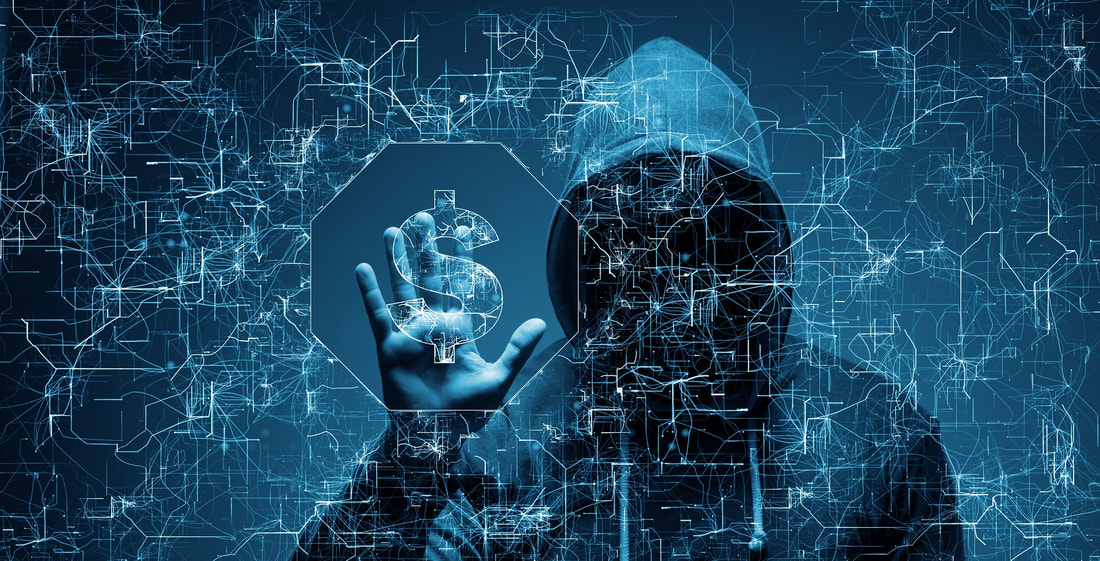



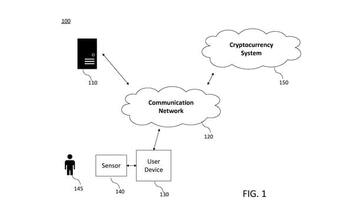


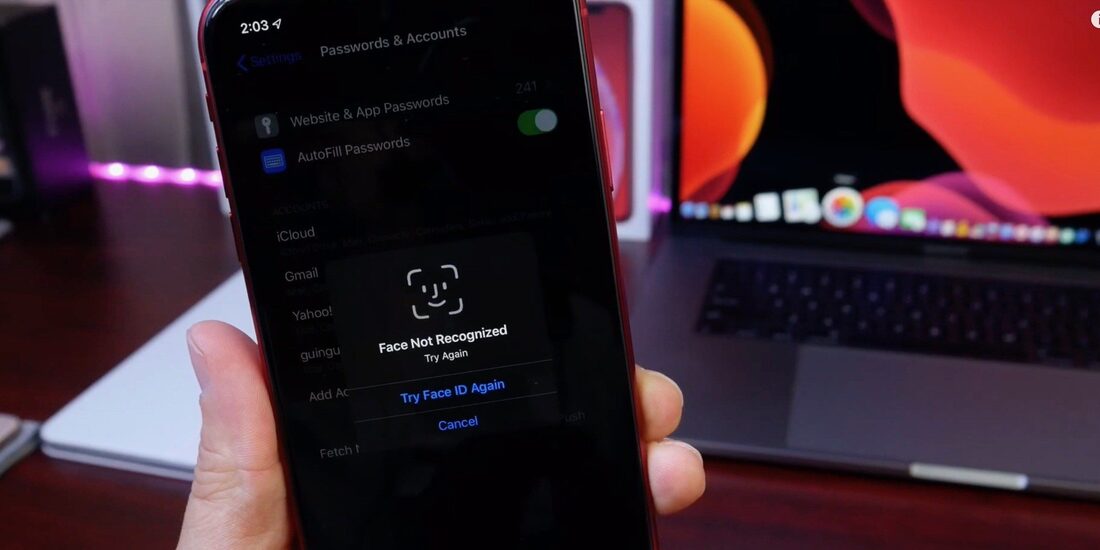

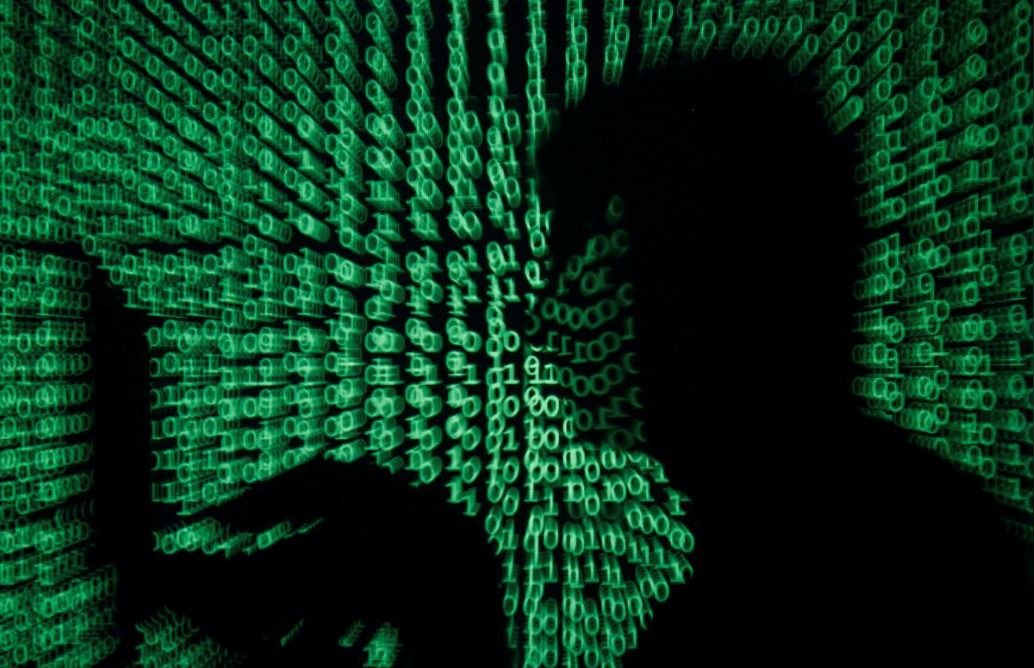


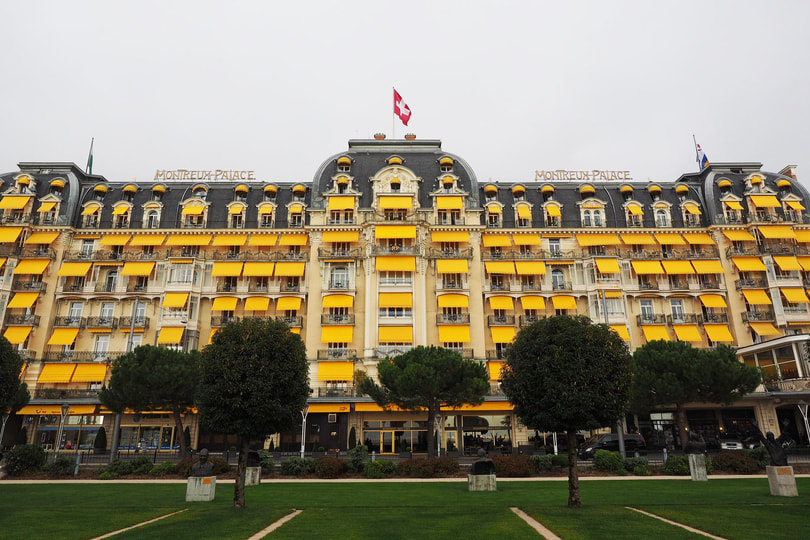
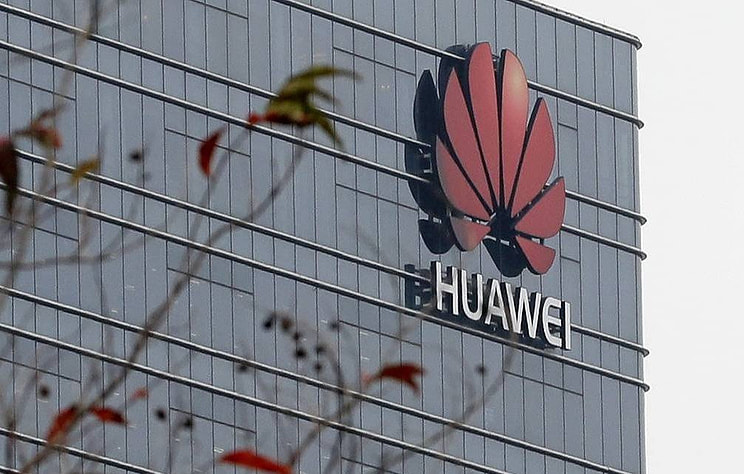



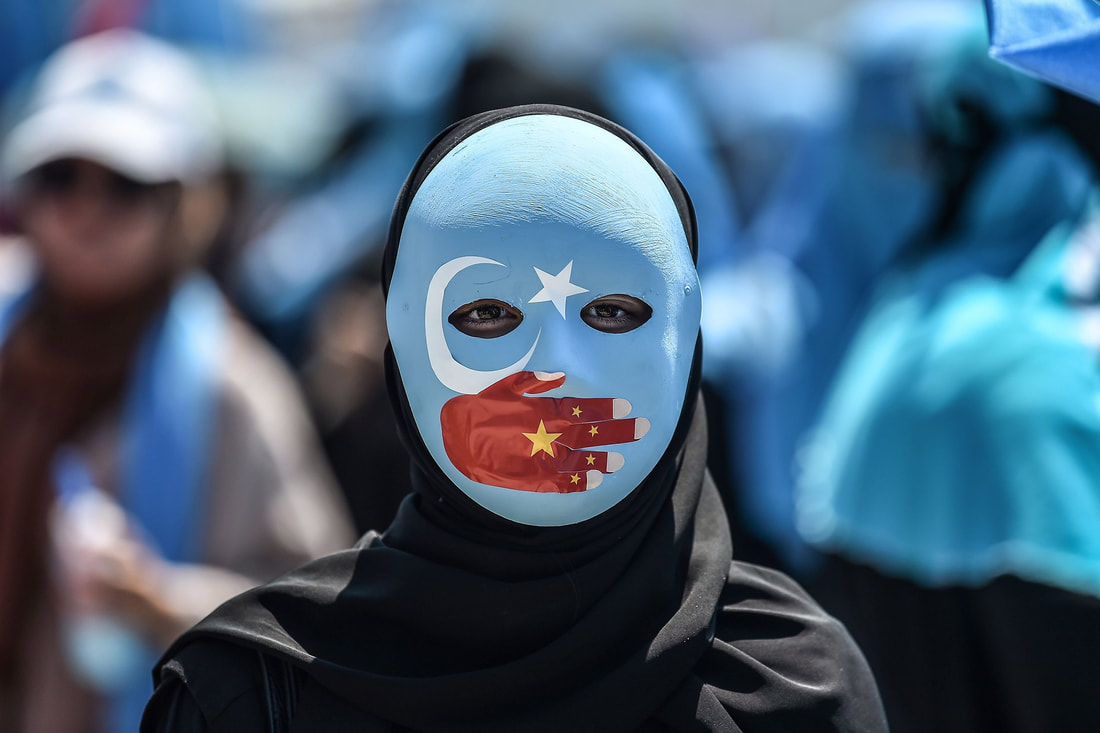



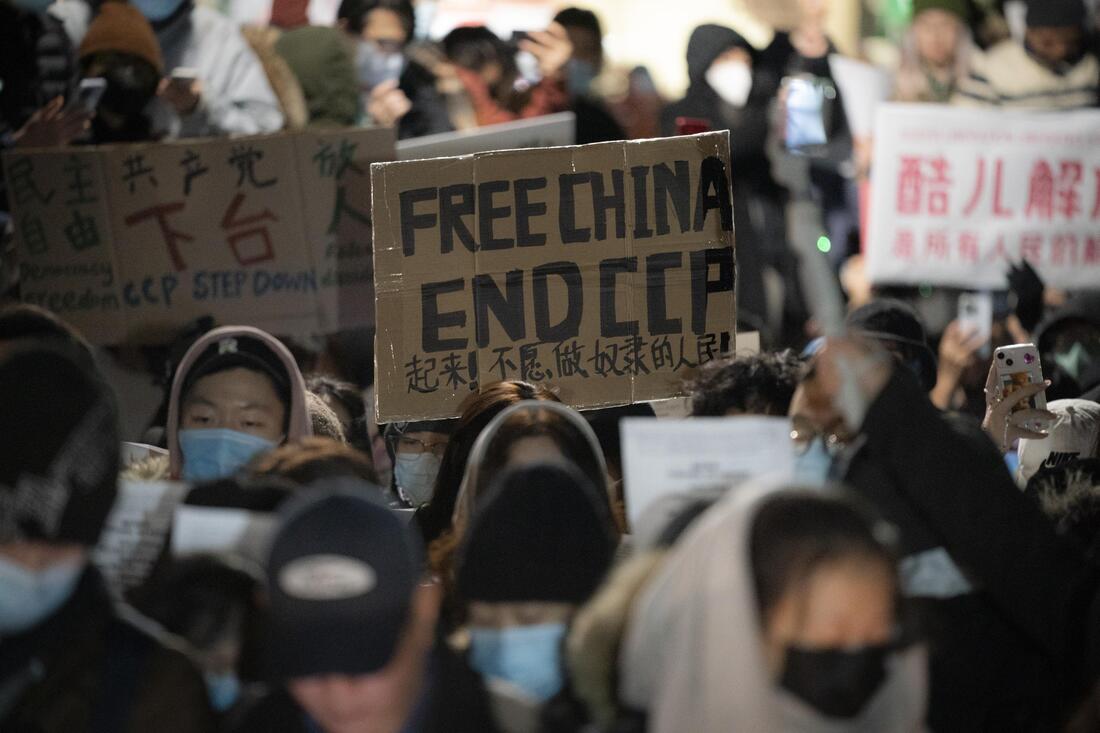









































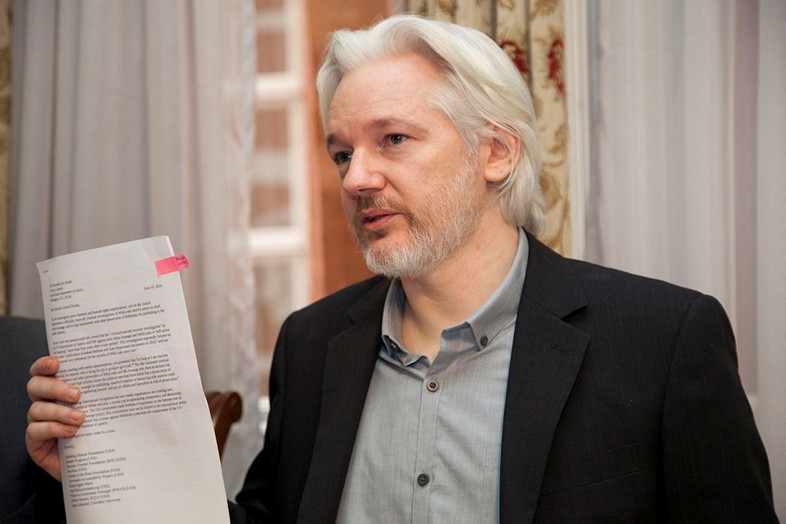







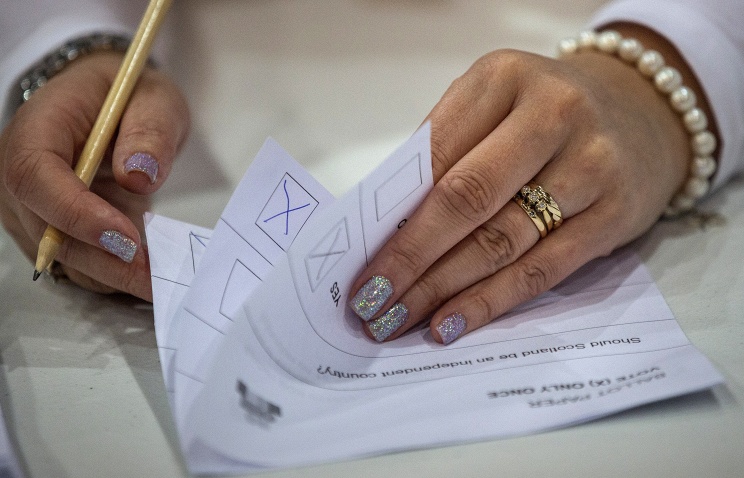





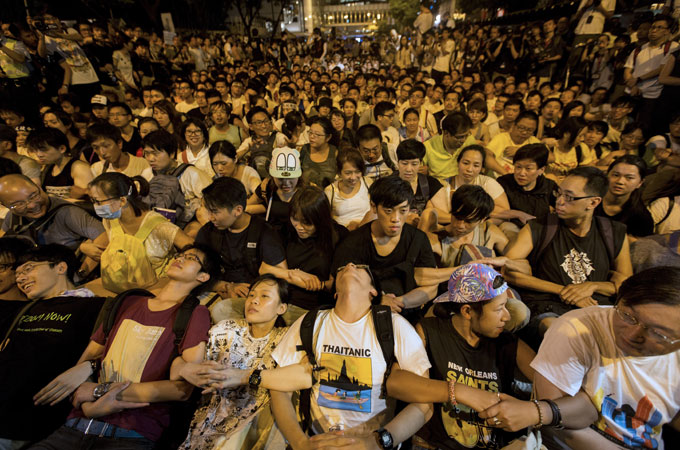










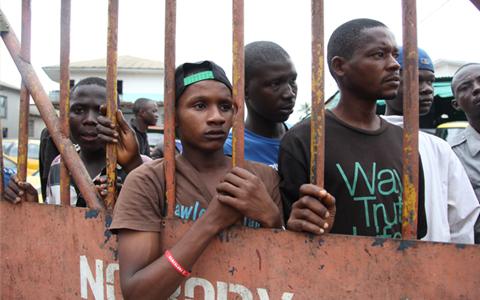


























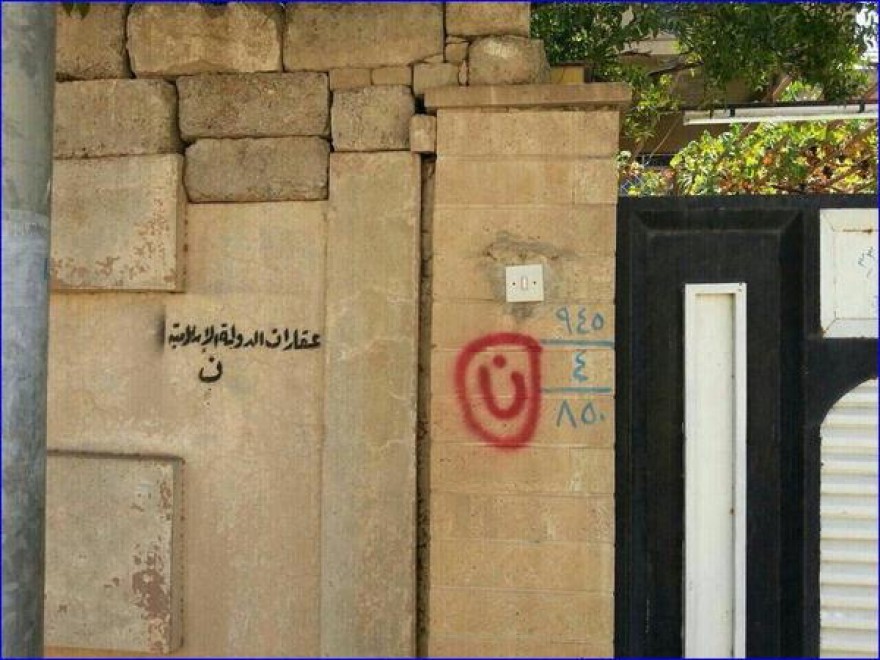
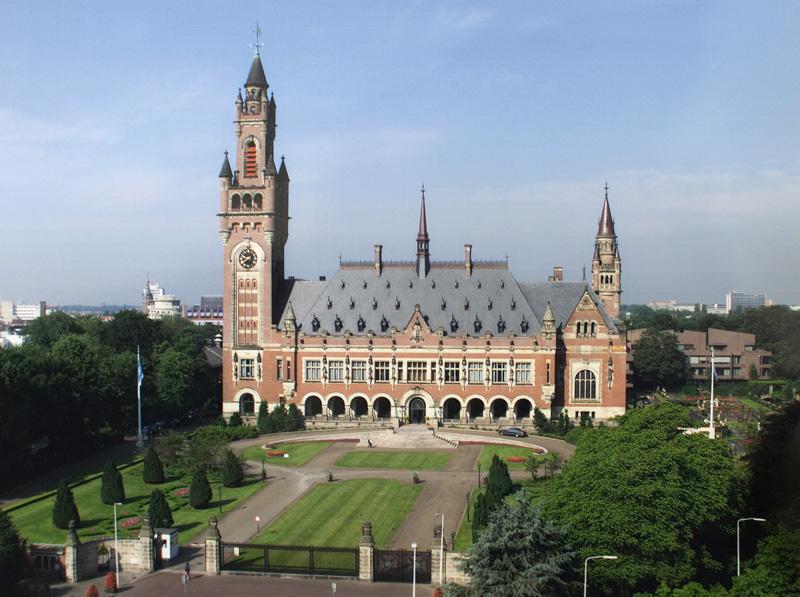

 RSS Feed
RSS Feed
